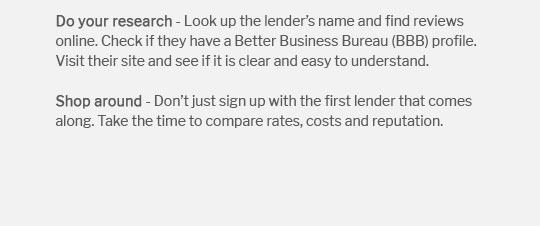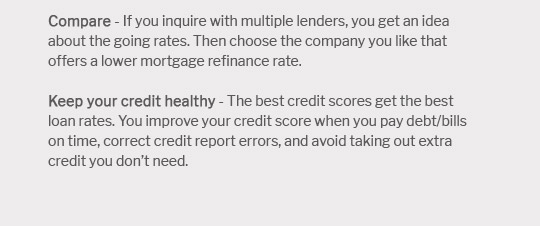 |
|||
 |
 |
 |
 |
|
|---|---|---|
 |
 |
|
 |
 |
|
 |
 |
 |
 |
FHA Loan Zero Down Payment: Exploring the Bigger PictureWhen considering homeownership, the prospect of a zero down payment can be incredibly enticing, especially for first-time buyers navigating the labyrinth of mortgage options. FHA loans have long been a staple in the U.S. housing market, known for their more lenient credit requirements and lower down payments, typically around 3.5%. However, many wonder if there is a way to swing the pendulum towards an FHA loan zero down payment option. To understand this better, it's crucial to explore the landscape of mortgage options available today. First, let's delve into the mechanics of FHA loans. These loans are insured by the Federal Housing Administration, which means lenders are protected against defaults, allowing them to offer loans to individuals with lower credit scores and smaller savings. While the standard down payment for an FHA loan hovers at 3.5%, innovative avenues, such as down payment assistance programs, can potentially reduce this requirement to zero. State and local governments, as well as nonprofit organizations, often provide such programs, which cater specifically to low-to-moderate-income buyers or those purchasing homes in designated revitalization areas. In comparison, USDA loans offer a true zero down payment opportunity. These loans, backed by the U.S. Department of Agriculture, are designed for rural homebuyers meeting specific income criteria. The catch, however, lies in the geographical limitations; not all areas qualify, and borrowers must meet certain income thresholds. This makes USDA loans a viable option for those open to rural living, but less so for urban dwellers. Another competitor in this arena is the VA loan, available to veterans, active-duty service members, and certain members of the National Guard and Reserves. This loan type also offers a zero down payment option, combined with no private mortgage insurance and generally lower interest rates. Yet, its availability is restricted to those with a military connection, leaving out a significant portion of civilian homebuyers. While exploring these options, one must consider the long-term financial implications. A zero down payment might ease initial entry into homeownership, but it often comes with trade-offs. Higher monthly payments, due to a larger principal amount, and the potential for private mortgage insurance can increase the overall cost of the loan. Moreover, starting with zero equity in a home can be risky in fluctuating markets where property values might decline. In summary, while an FHA loan zero down payment option isn't directly available, leveraging down payment assistance programs can make it a reality for some. However, it's essential to weigh this option against USDA and VA loans, considering both personal eligibility and long-term financial health. Homebuyers should approach this decision with a holistic view, balancing immediate affordability with future fiscal stability, ensuring that the dream of homeownership remains a sustainable and fulfilling journey. https://www.phmloans.com/blog-article/introducing-home-advantage-nationwide-zero-down-fha-mortgage
Introducing Home Advantage, a Nationwide Zero Down FHA Mortgage - Zero down payment required - No first-time home buyer requirement - No income restrictions - No ... https://www.guildmortgage.com/mortgage-loans/zero-down/
Our Zero Down mortgage program pairs a standard FHA first mortgage for up to 96.5 percent of the total purchase price plus second mortgage options to go toward ... https://www.housingwire.com/articles/urban-institute-zero-down-fha-mortgages-first-time-homeowners/
Bush administration that would offer a new 100 percent financing mortgage product to help first-time homebuyers purchase a home by allowing ...
|
|---|